If you’ve ever struggled to fall asleep, stay asleep, or wake up feeling refreshed, you’re not alone. The culprit may not be your mattress or screen time, it might be your circadian rhythm.
What is your circadian rhythm?
Think of your circadian rhythm as your body’s internal clock. It tells you when to feel alert and when to wind down. But stress, irregular routines, and lack of movement can throw that rhythm off, leaving you tossing and turning at night.
The good news? Exercise is one of the most powerful ways to reset that clock.
How Exercise Supports Better Sleep
Here’s what the research says:
- Resets your biological clock: Physical activity helps synchronize your circadian rhythm with natural day-night cycles, especially if done in the morning or early evening.
- Releases sleep-supporting neurotransmitters: Exercise boosts serotonin and helps regulate melatonin, the hormone responsible for sleep-wake timing.
- Reduces stress and anxiety: Regular movement calms the nervous system and lowers cortisol, helping your body relax before bed.
- Improves sleep architecture: Exercise increases deep, slow-wave sleep (the most restorative stage) while delaying REM onset, which supports longer, more stable sleep.
What Type of Exercise is Best?
Not all workouts are created equal when it comes to improving sleep. Here are the top science-backed choices:
🏃♀️ Aerobic Exercise
Examples: jogging, cycling, swimming, brisk walking
Aerobic workouts enhance cardiovascular health and increase total sleep time. They also help your body naturally produce melatonin, especially if done earlier in the day.
💪 Resistance Training
Examples: squats, push-ups, resistance bands
Strength training improves sleep quality and duration while supporting overall energy balance. A consistent routine may also reduce nighttime awakenings.
🧘♀️ Mind-Body Movement
Examples: yoga, tai chi, Pilates
These exercises are especially powerful for calming the mind and body. They reduce nervous system overstimulation and are ideal for easing into sleep.
🌀 Combine for Best Results
A mix of cardio and relaxation-based movement may provide the most benefit. For example, a 20-minute jog followed by 10 minutes of yoga can activate your body and wind it down, perfect for regulating your sleep-wake rhythm.
Timing Matters
While exercise is great for sleep, when you move also makes a difference.
Try this:
- Morning workouts: Help signal wakefulness and set your circadian rhythm.
- Afternoon or early evening workouts: Can lower body temperature and relax the mind before bed.
- Late-night intense workouts: May delay sleep for some people, listen to your body.
Final Thoughts
Better sleep doesn’t always start in the bedroom. It starts with your daily habits, and movement is one of the most effective, science-backed tools you have.
If you’re already working on improving your sleep, pairing a regular exercise routine with our Scientific Sleep Support can help you fall asleep faster, stay asleep longer, and wake up feeling genuinely refreshed.
Need support falling asleep tonight?
Check out our Scientific Sleep Support, a clean, research-backed formula designed to work with your body’s natural sleep systems.
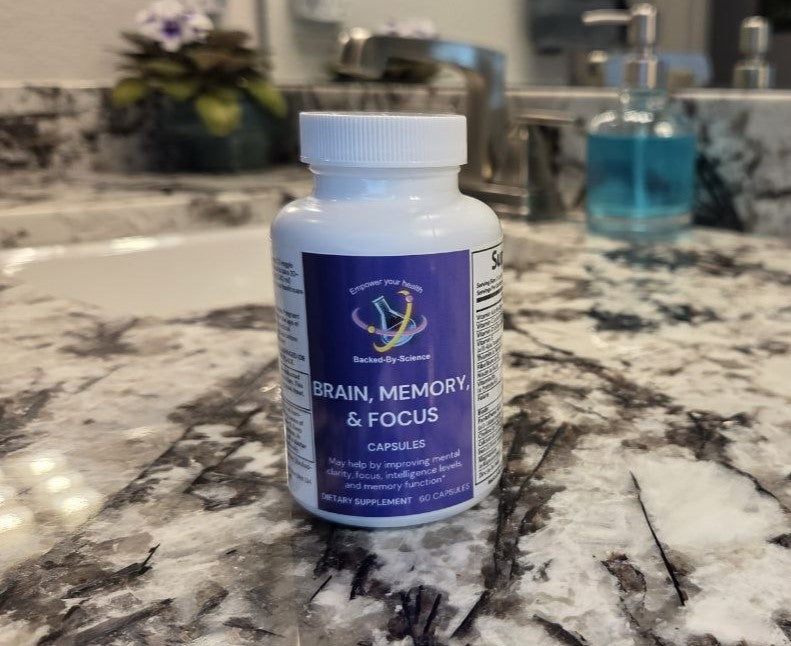
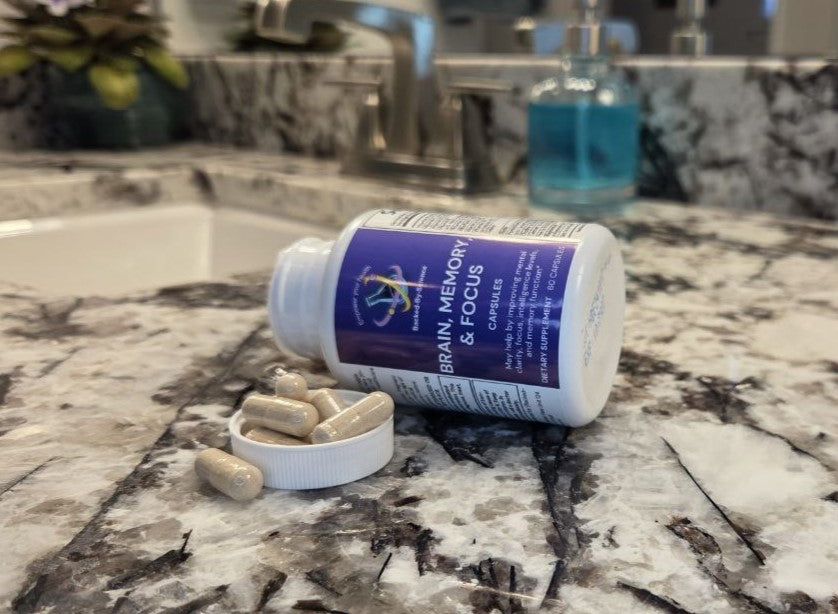
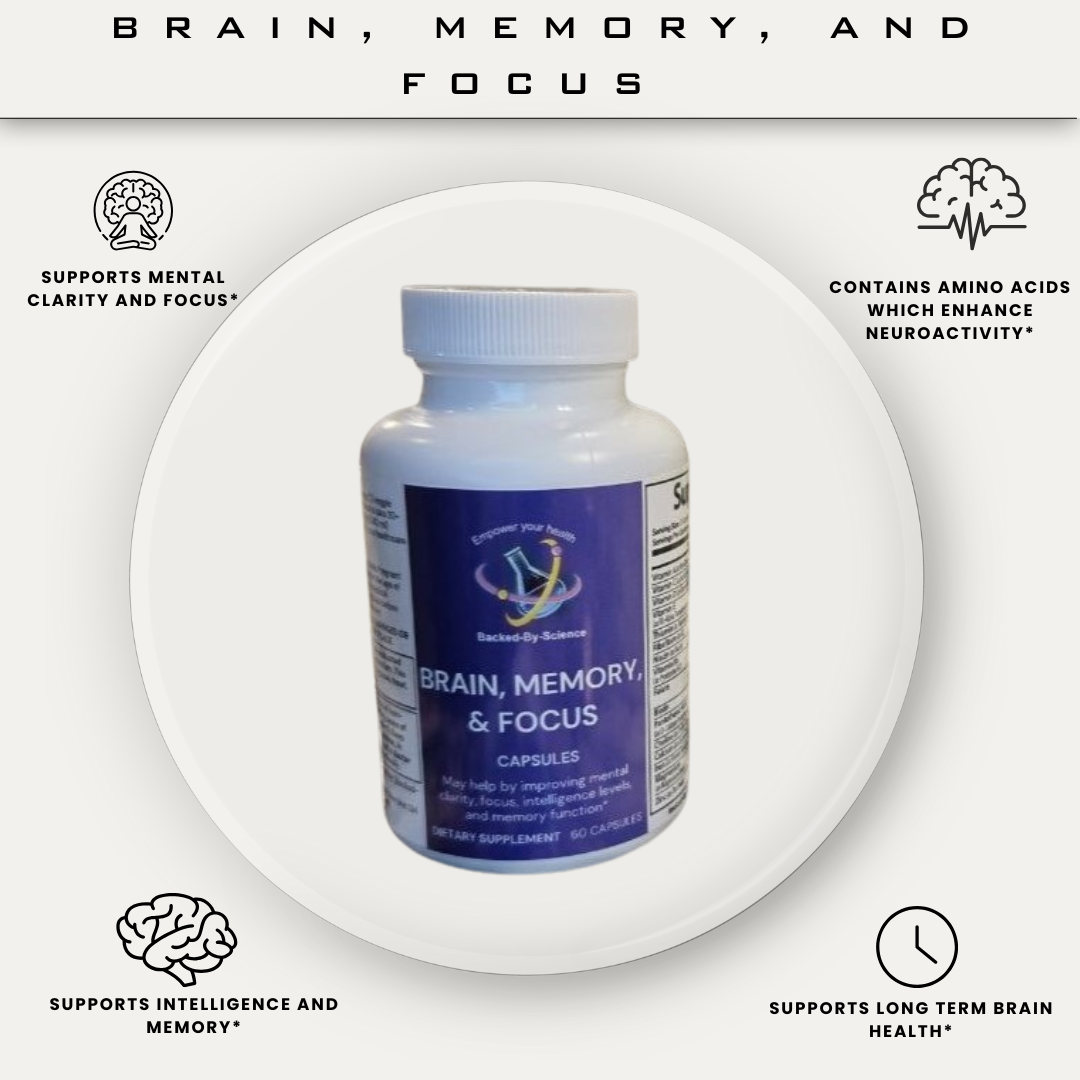


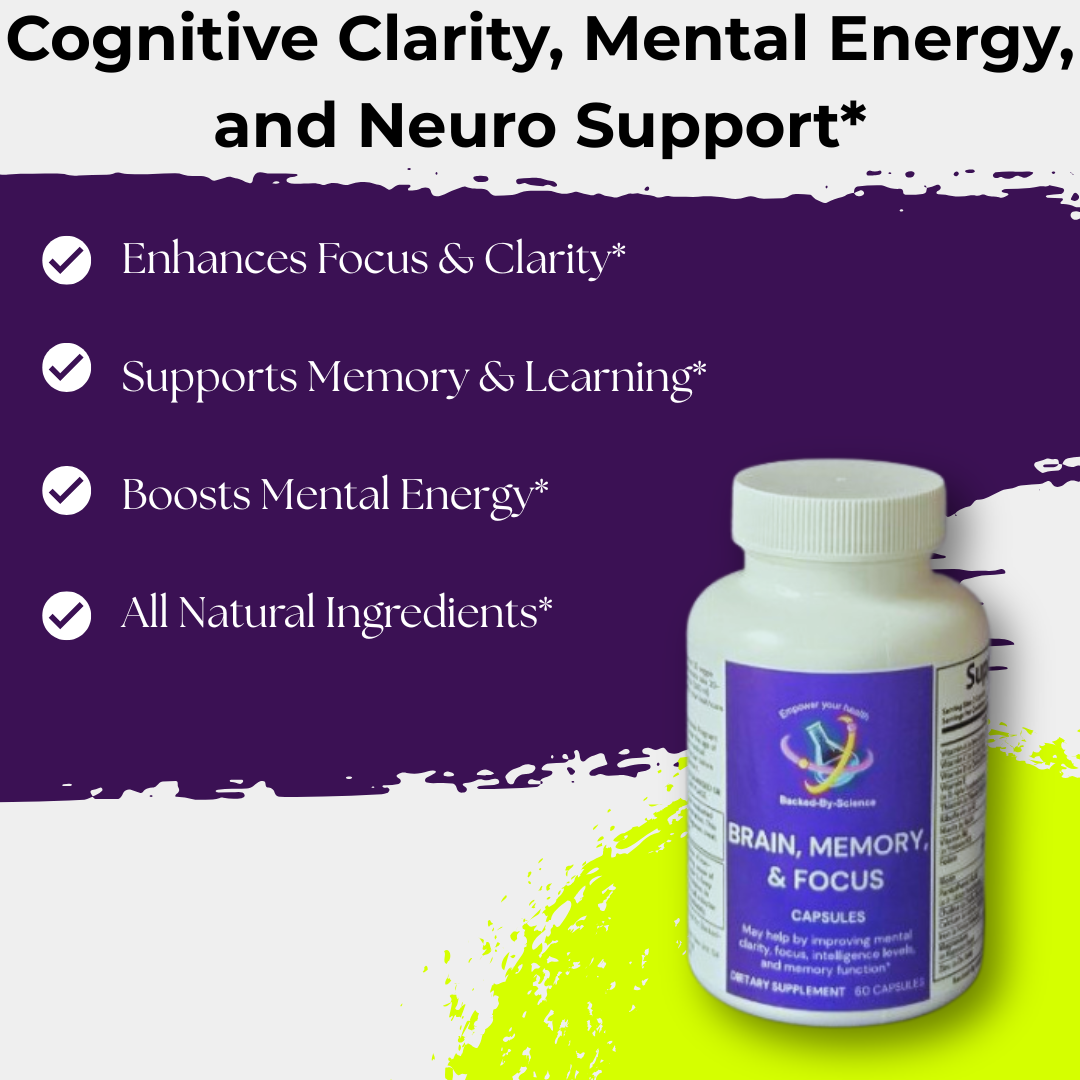


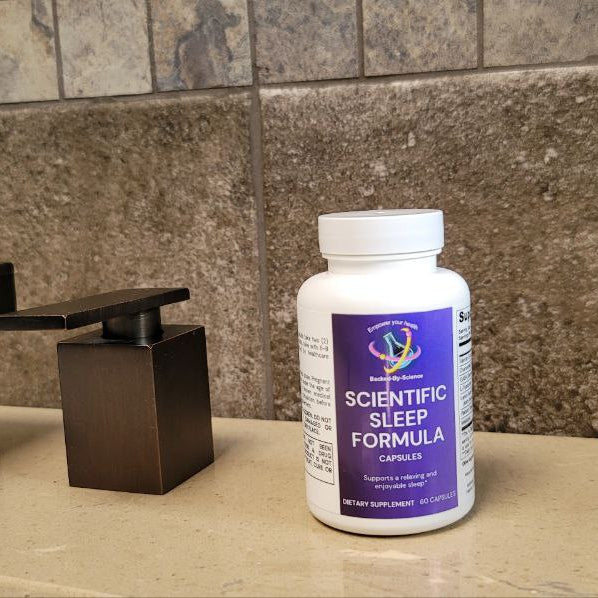
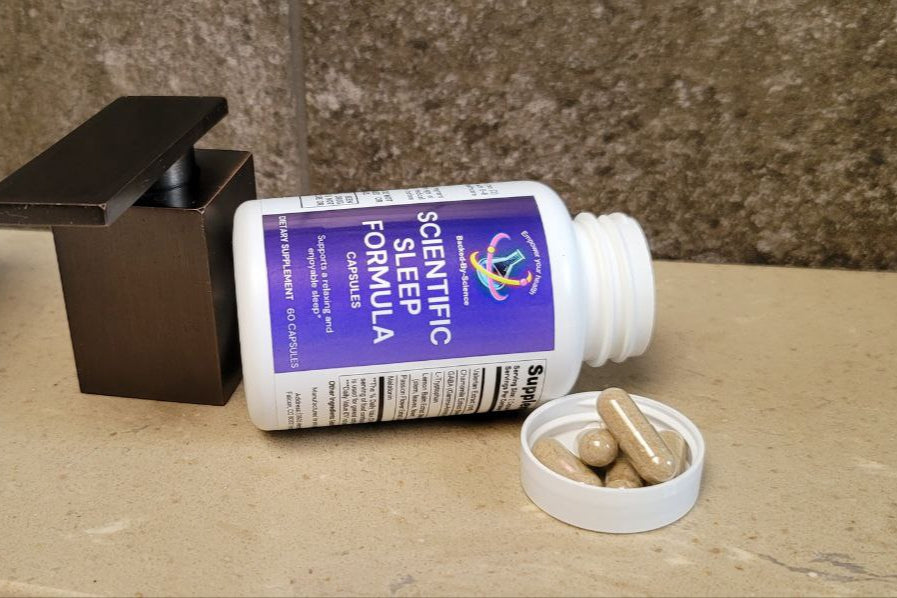

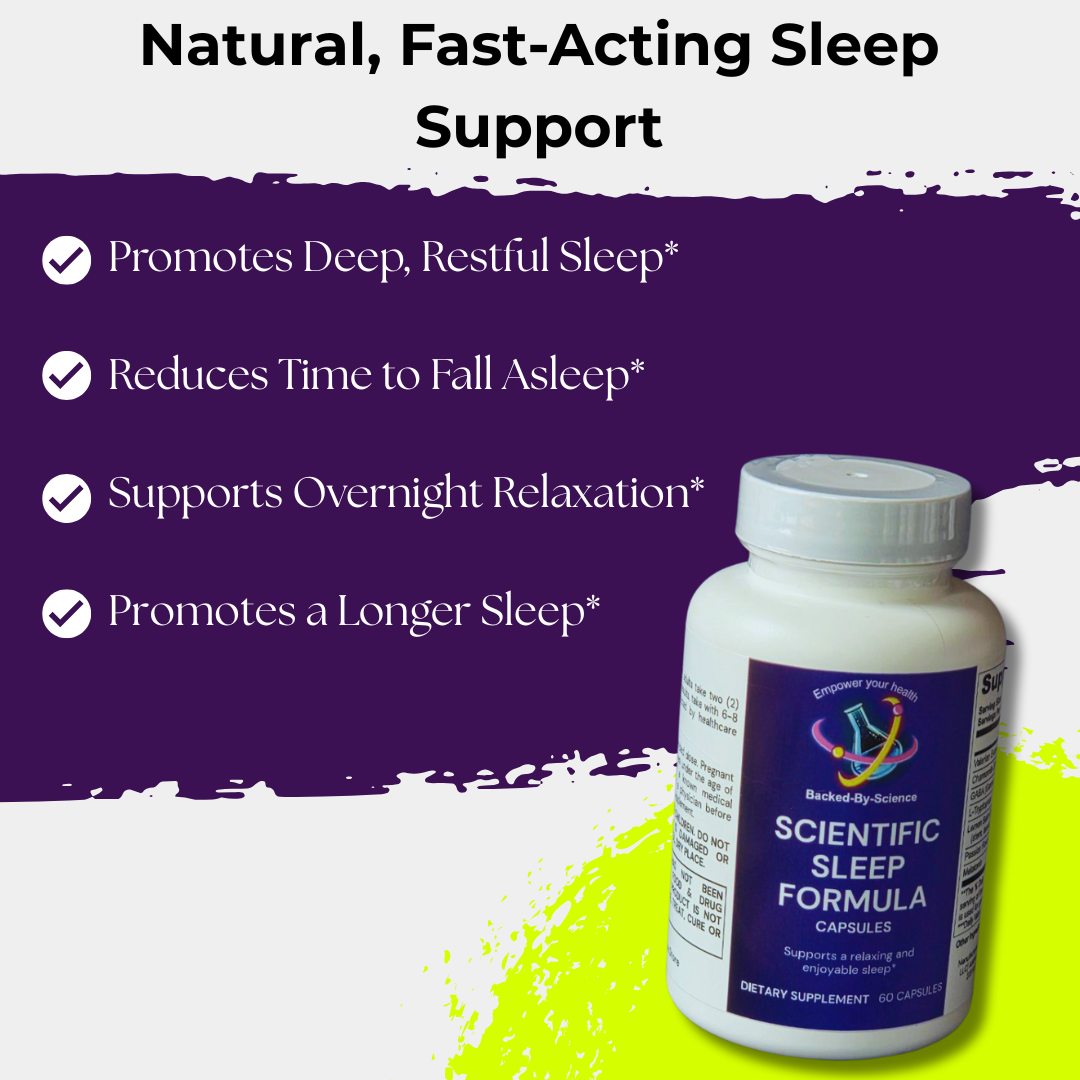
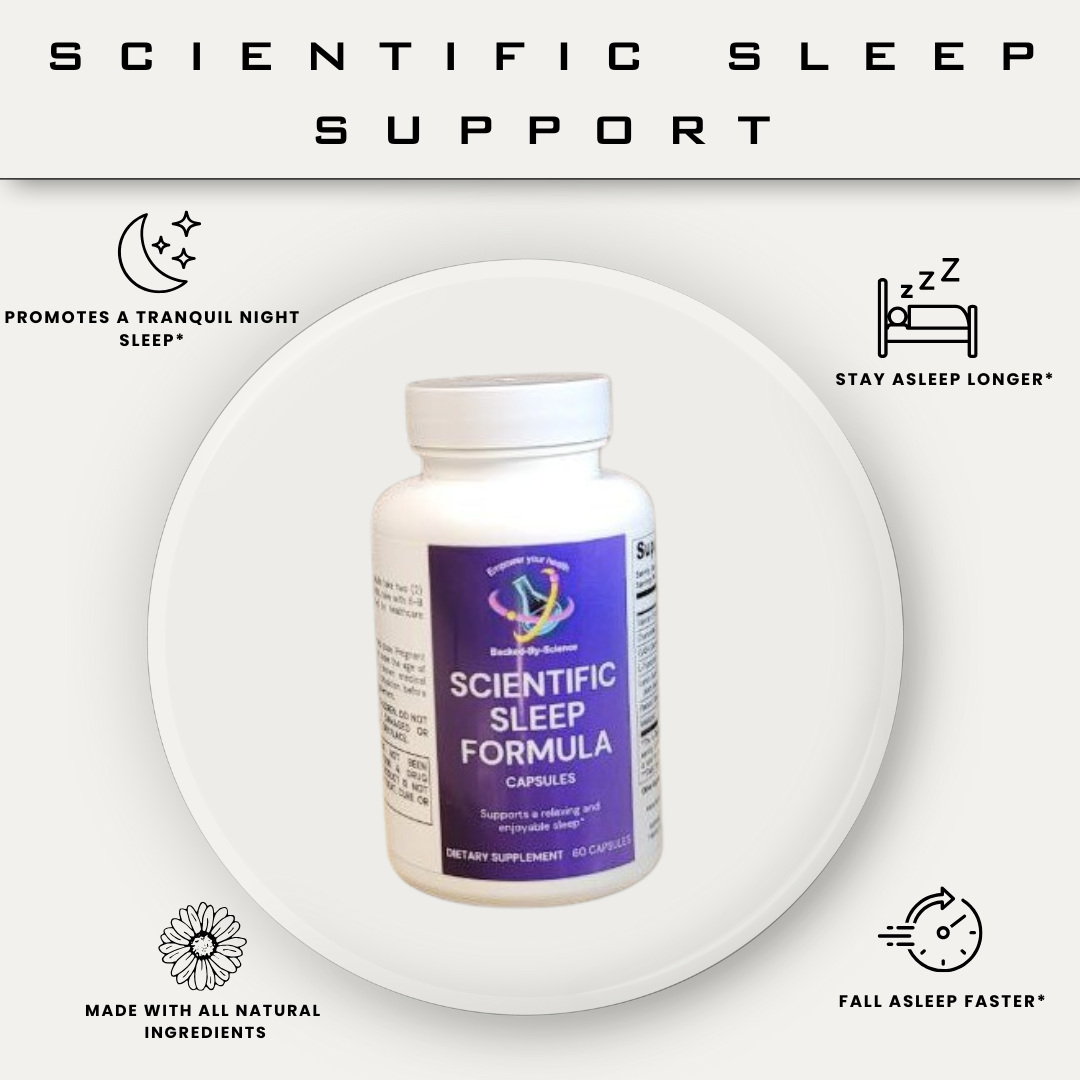
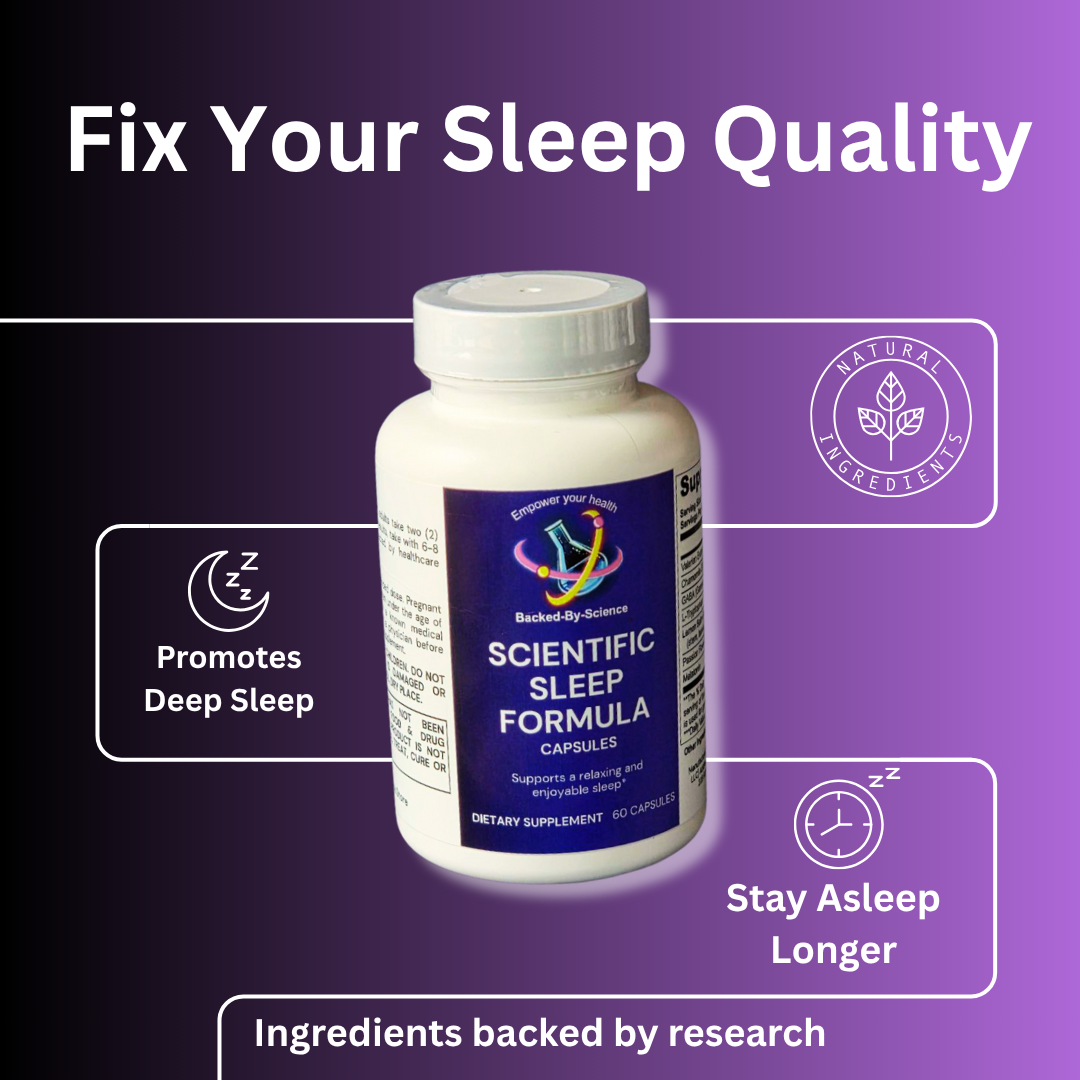

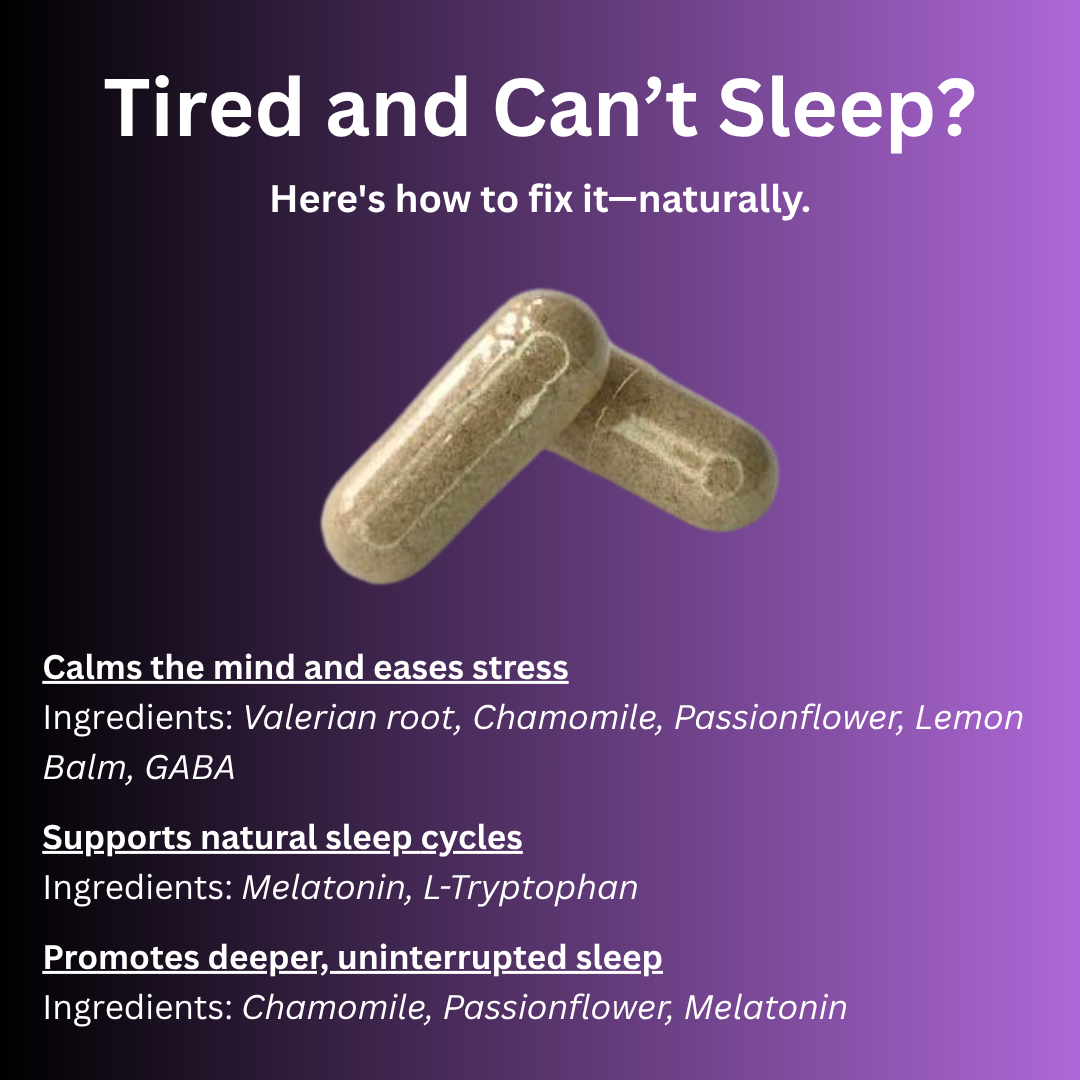











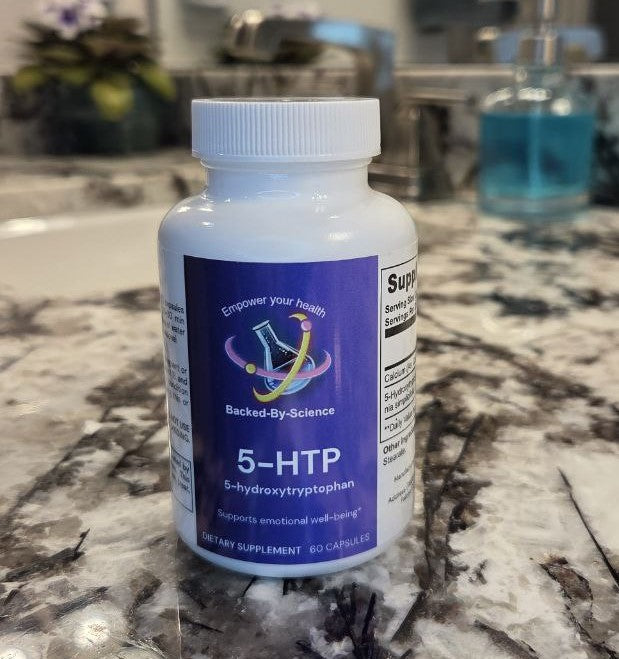

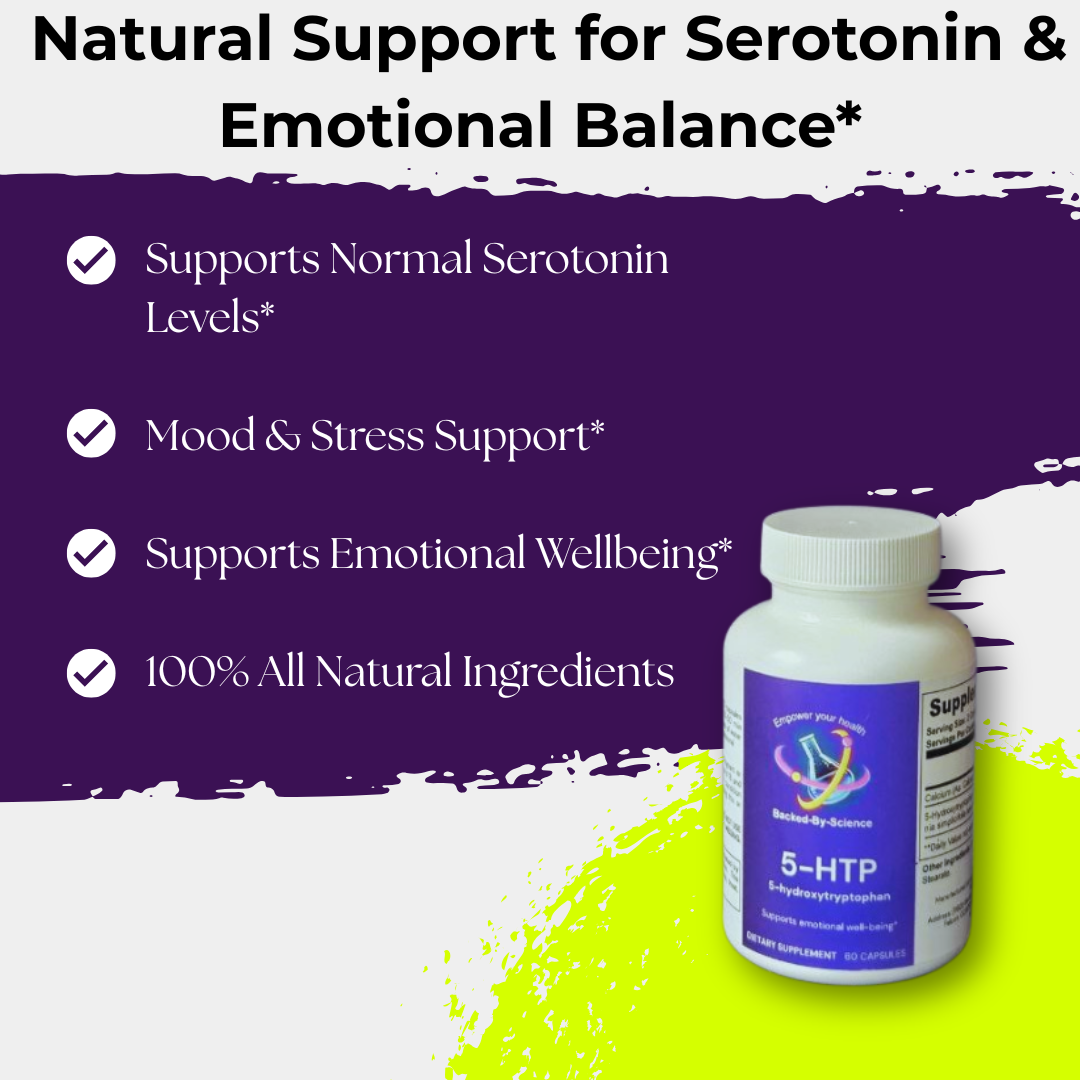




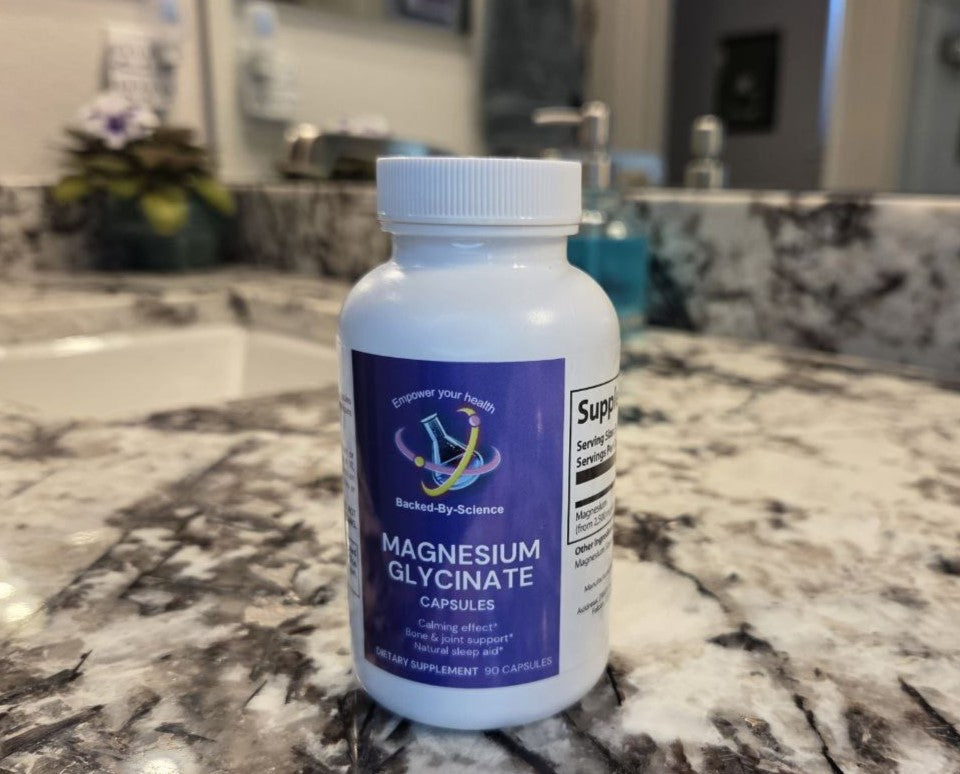
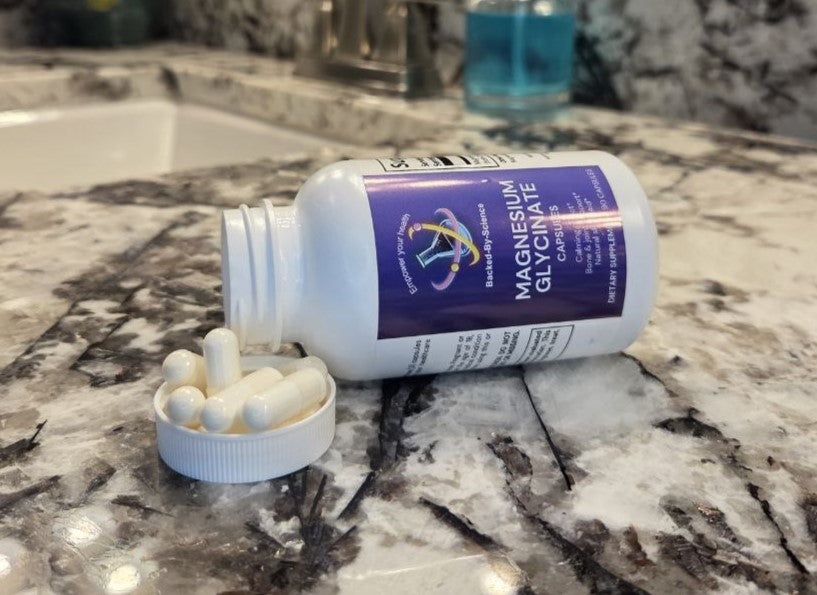
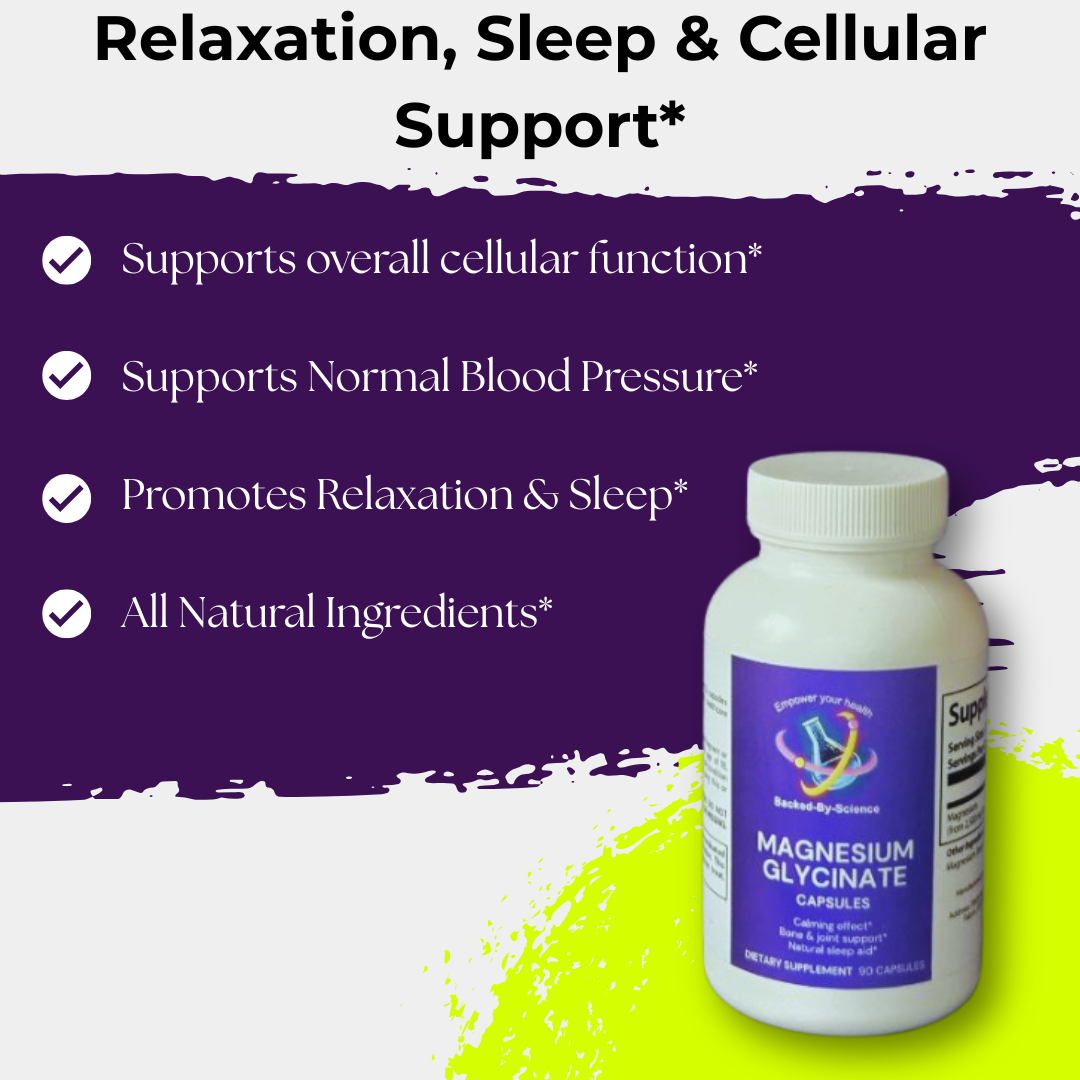





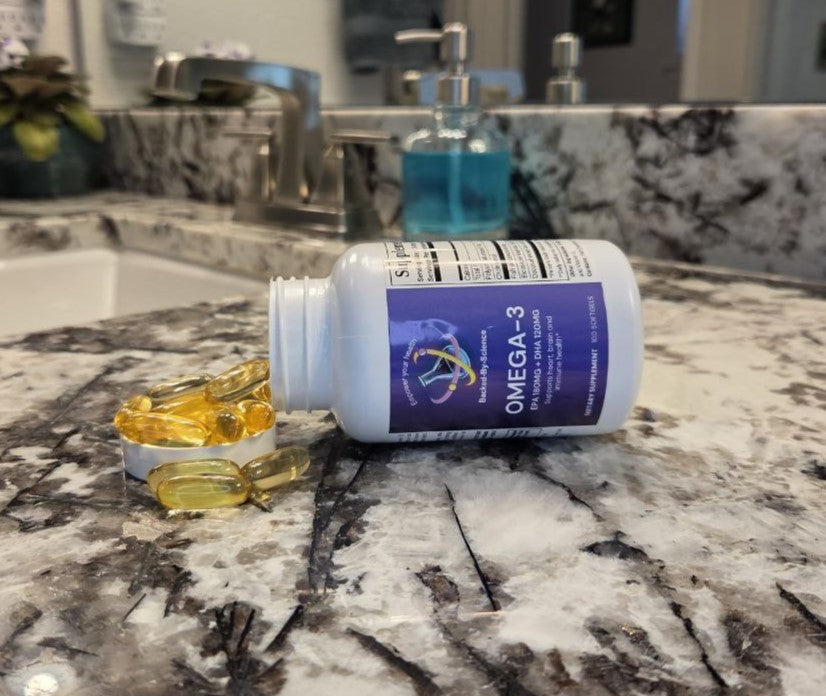












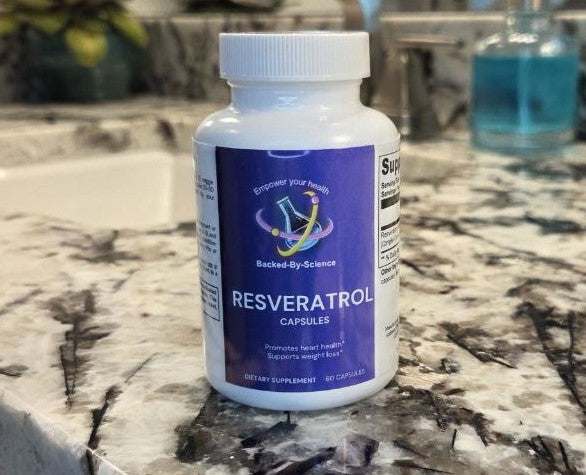
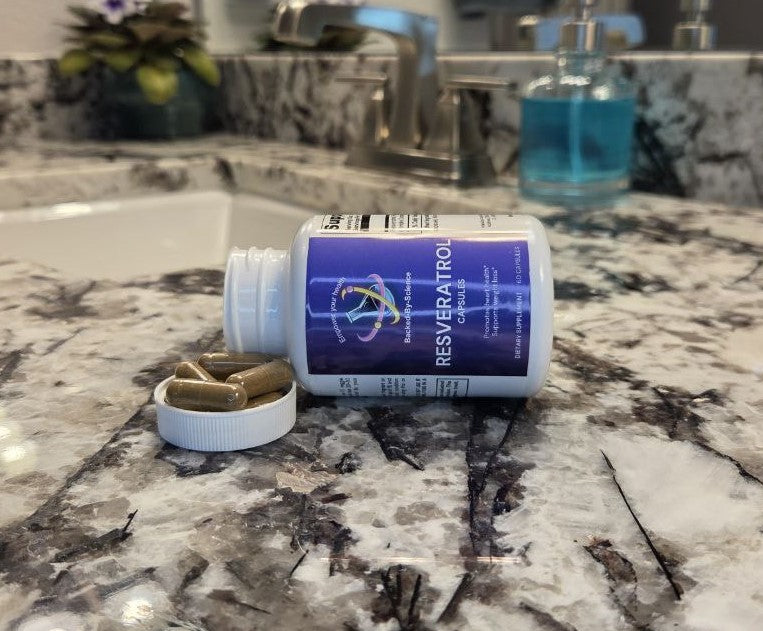

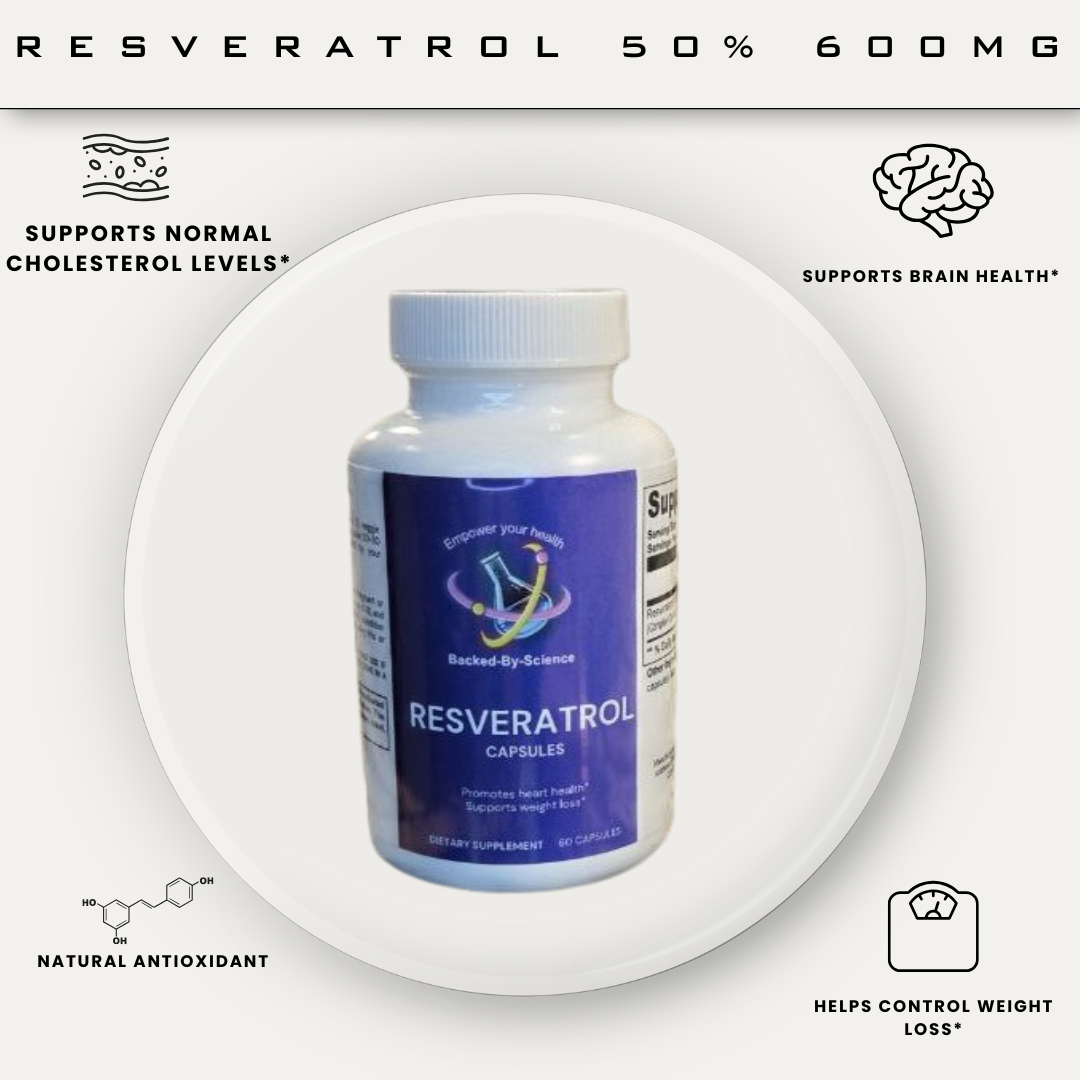
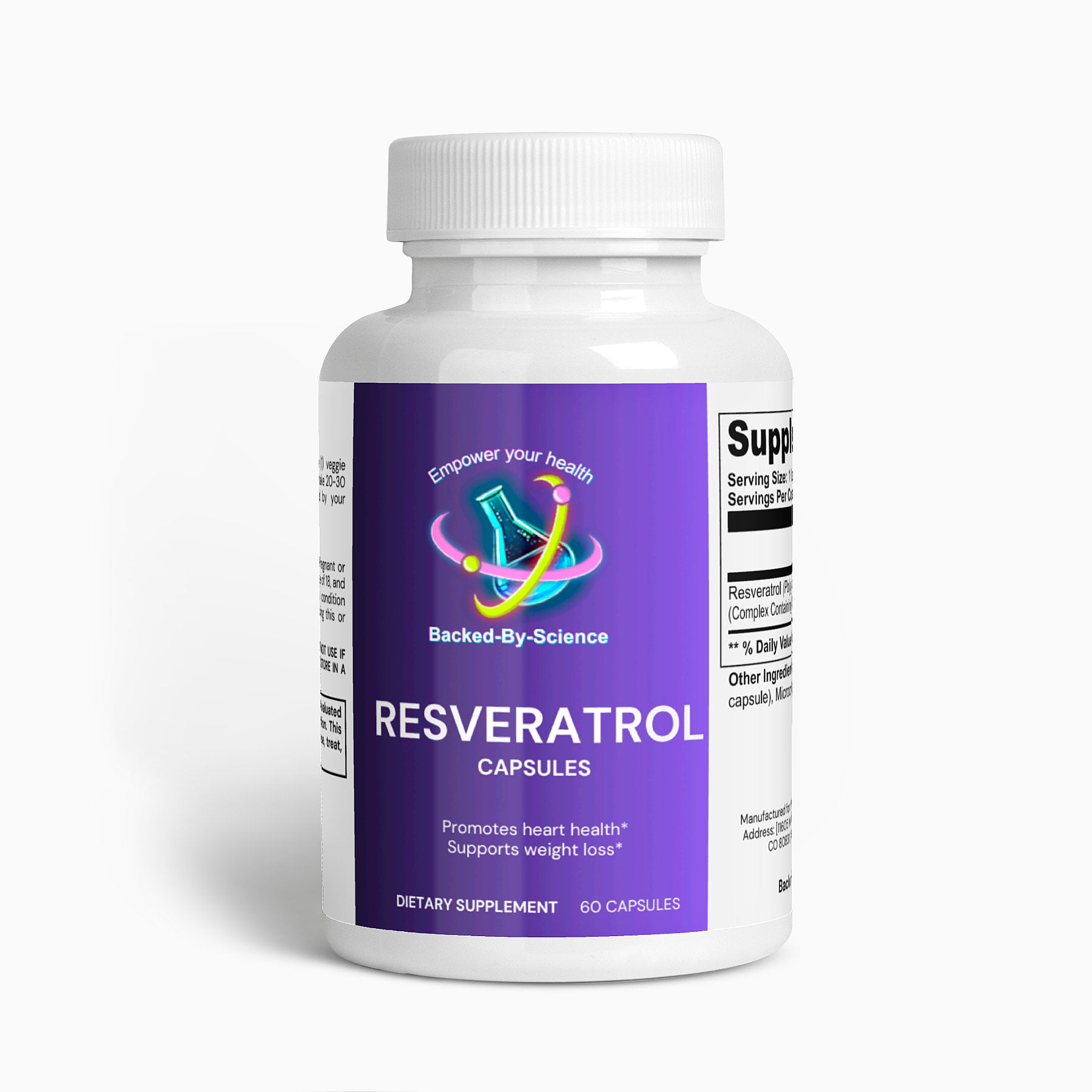


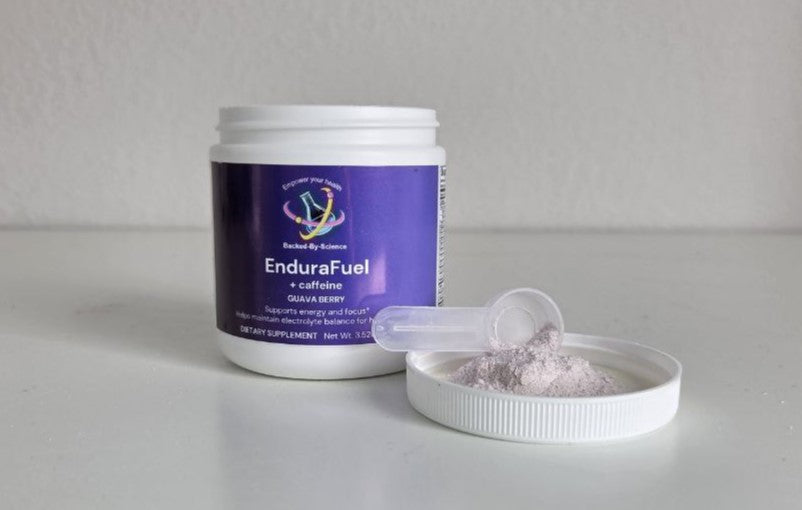













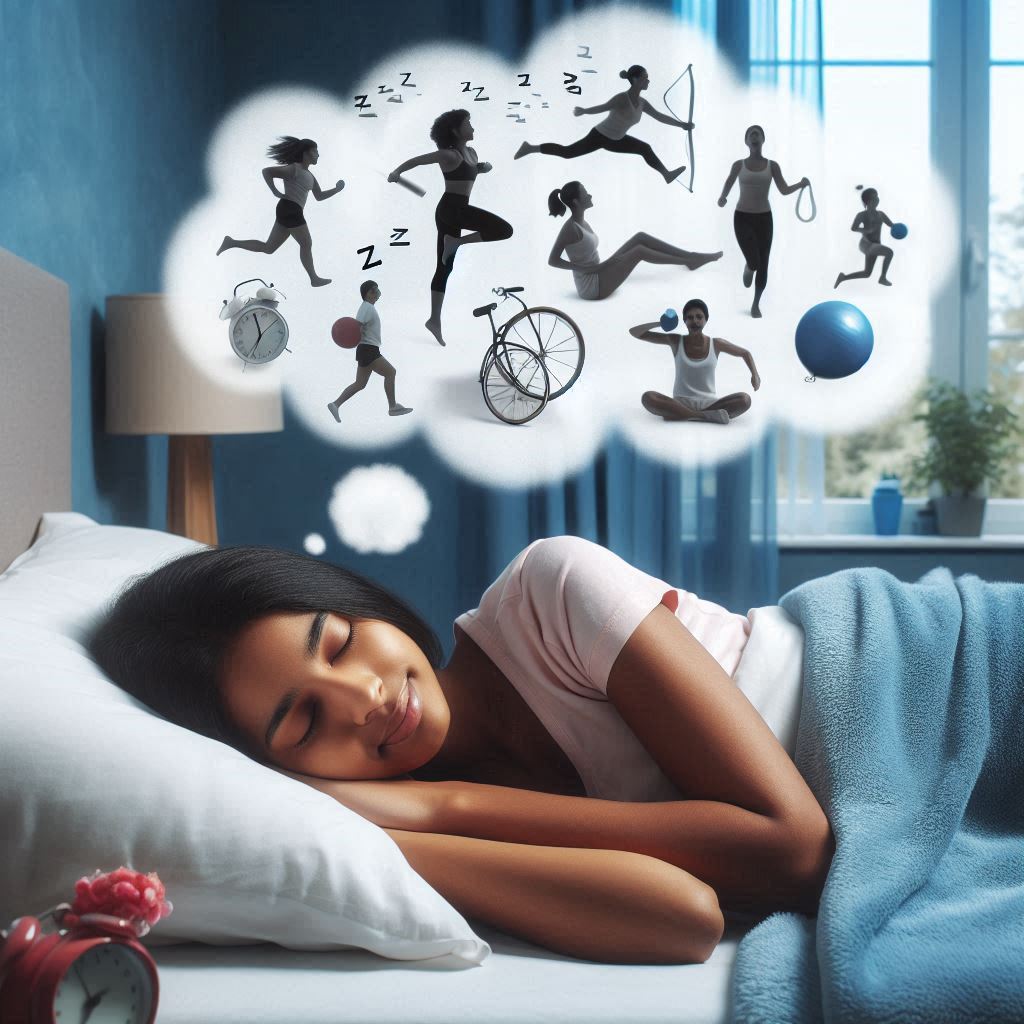



Share and get 15% off!
Simply share this product on one of the following social networks and you will unlock 15% off!